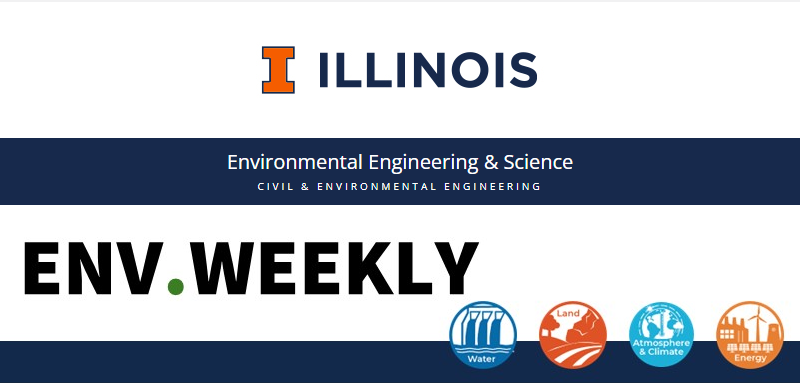Dr. Bin Cao
Assoc. Professor, School of Civil and Environmental Engineering
Singapore Centre for Environmental Life Sciences Engineering In both natural and engineered environments, biofilms represent the most prevalent form of bacterial life. In biofilms, bacteria attach to surfaces or interfaces and develop into structured aggregates, with cells embedded in a self-produced matrix of extracellular polymeric substances (EPS) that provide protection and stability. As a result, biofilms act as self-immobilized systems that exhibit high tolerance to harsh conditions and sustained activity. These characteristics make biofilms well-suited for continuous processing in industrial operations. Thus, biofilms hold great potential as industrial workhorses across various sectors, from environmental to chemical and biopharmaceutical applications. My research group focuses on understanding the interactions between biofilms and contaminants, as well as biofilm-mediated environmental processes. We aim to apply this knowledge to engineer biofilms for biotechnological applications. In this presentation, I will discuss our recent work on biofilm biology-informed biofilm engineering, specifically, exploring interactions between biofilms and environmental contaminants such as nitrate, arsenic, and plastic in aquatic environments. Additionally, I will highlight how we can engineer biofilms and their interactions with contaminants to achieve environmental sustainability goals. Flyer with Speaker Bio November 22, 10–10:50 am • Room 2311 - NCEL - Yeh Center
Na Wei • Environmental Engineering & Science - CEE 595AG
PhD Final Defense – Xinchang “Cathy” Li
Urban Climate–Energy Interactions from Global to Local Scales
Advisor: Professor Lei Zhao
Location: CEEB (Hydro) 3019, or Zoom (Link) Earth’s climate and energy systems are closely intertwined through complex interactions. Urban energy use both drives and is affected by anthropogenic climate change. Previous studies have predominantly examined the global scale interactions between energy use and future warmer climates. However, the local scale interactions between urban energy use and the urban climates are frequently ignored in future energy projections, due to methodological, scale, and computational challenges. These local interactions can have global scale effects. Ignoring such interactions underestimates climate-driven energy risks on global to local scales, undermining our climate preparedness in energy planning. This dissertation aims to advance our understanding on the mechanisms and impacts of local urban climate-energy interactions on global-to-local energy demand in a changing climate. I achieve this goal by establishing a hybrid modeling framework integrating process-based modeling and machine learning, and by improving the representation of urban climate-energy interactions in a global Earth system model (ESM). December 3, 8 am
Lei Zhao • Department of Civil and Environmental Engineering
Research Chemist, GS-1320-12/13/14
Salary Range of $86,962 to $158,860
Announcement Open: November 18, 2024 to December 17, 2024 The incumbent is a Research Chemist in the National Center for Agricultural Utilization Research, Bio-oils Research (BOR) Unit in Peoria, Illinois. The overall mission of BOR is to conduct basic and applied research on chemical, physical, and biochemical modification of new crop oils, gums, proteins, and other plant components to develop new industrial and value-added commercial products. The incumbent is responsible for conducting basic and applied research to develop new commercial technologies, processes, and biobased products for various markets including lubricant additives, lubricant base oils, and chemical additives. Incumbent will develop a stakeholder base to advocate for enhancing ARS research programs and to enable commercialization of new biobased products. U.S. Citizenship is required. For further information and complete application instructions, go to the USAJobs Web site: https://www.usajobs.gov/ and refer to announcement number ARS-D25MWA-12602957-HCL. Applications must be received by the closing date of December 17, 2024. Contacts: Application procedures: Heather Lee at Heather.Lee@usda.gov or 301-956-3803 Scientific information: Dr. Steven Cermak at Steven.Cermak@usda.gov or 309-681-6233 USDA/ARS is an equal opportunity employer and provider Suzanne Giesler • Department of Civil and Environmental Engineering
| 